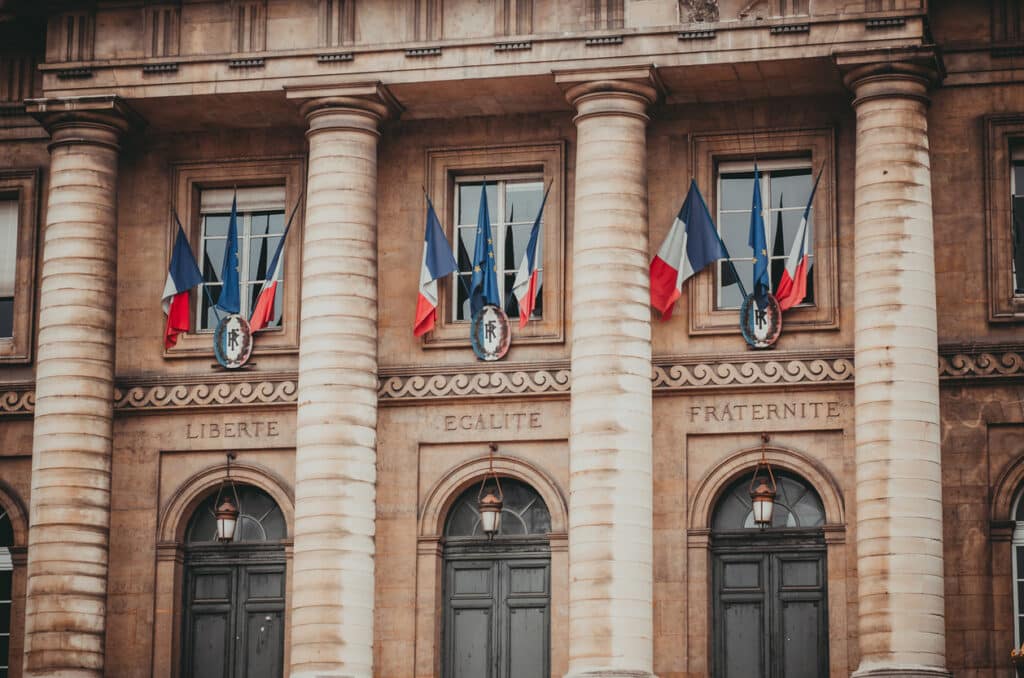France was given a second chance to pass a strong law to protect witnesses in the workplace from retaliation. Though receiving public praise, new legislation passed earlier this month does little to advance whistleblower protections in a country practically synonymous with human rights.
The Law to Improve Whistleblower Protection (Law visant à améliorer la protection des lanceurs d’alerte) gives no additional authority to the French public agency in charge of protecting whistleblowers. The Defender of Rights (Défenseur des droits) is only able to recommend that an employee be protected from retaliation or reinstated if they are dismissed. The agency cannot order protection, reinstatement or compensation. These decisions are left to the courts, where victimized employees typically face long and expensive legal battles with uncertain outcomes. The new law, which updates a 2016 law known as “Sapin II,” maintains this status quo.
The highest-ranking independent constitutional authority in France, the Defender of Rights said in December 2019 that it had issued “repeated warnings on the weaknesses of the French [whistleblower] system.” The agency urged officials to pass a new law stronger than the 2019 EU Directive on whistleblower protection: “the Government [should] not content itself with a strict transposition of the Directive, but go further.”
While heading the Defender of Rights in 2019, Jacques Toubon said a “great deal more clarity [is needed] in order to keep whistleblowers safe when they step forward, and do away with the dissuasive effect of any uncertainties.”
In terms of improving the agency’s ability to protect witnesses, Parliament members ignored these wishes.
The shortcomings in France’s system are reflected by the country’s poor performance in real-life cases. From 2017 to 2021, only two employee retaliation cases were adjudicated – and in both cases the whistleblower lost, according to a 2021 report by the International Bar Association and Government Accountability Project.
These weaknesses are more urgent considering the number of employee witnesses who may be in jeopardy of dismissal and other reprisals. Eighty-five percent of the 151 people who contacted the non-profit House of Whistleblowers (Maison des Lanceurs d’Alerte) from 2018 to 2020 were employees or volunteers. Among the cases reported to the group, 38 percent were about corruption, 19 percent were about abuse, and 17 percent were about health, pollution and environmental harm.
France’s new law does include several enhancements, though none will directly assist a victimized employee. The law protects people and organizations that assist whistleblowers, provides immunity from criminal and civil liability, provides for financial and psychological assistance, and punishes retaliation by up to three years in prison and a €60,000 fine.
Among the law’s many shortcomings, it criminalizes certain types of whistleblowing. For example, a member of the military who reports a conflict of interest “in bad faith” or “with the intention to harm” can be imprisoned for up to five years and fined up to €45,000. This contradicts the EU Directive and all major international standards, which say that a person’s motive for making a report is irrelevant.
